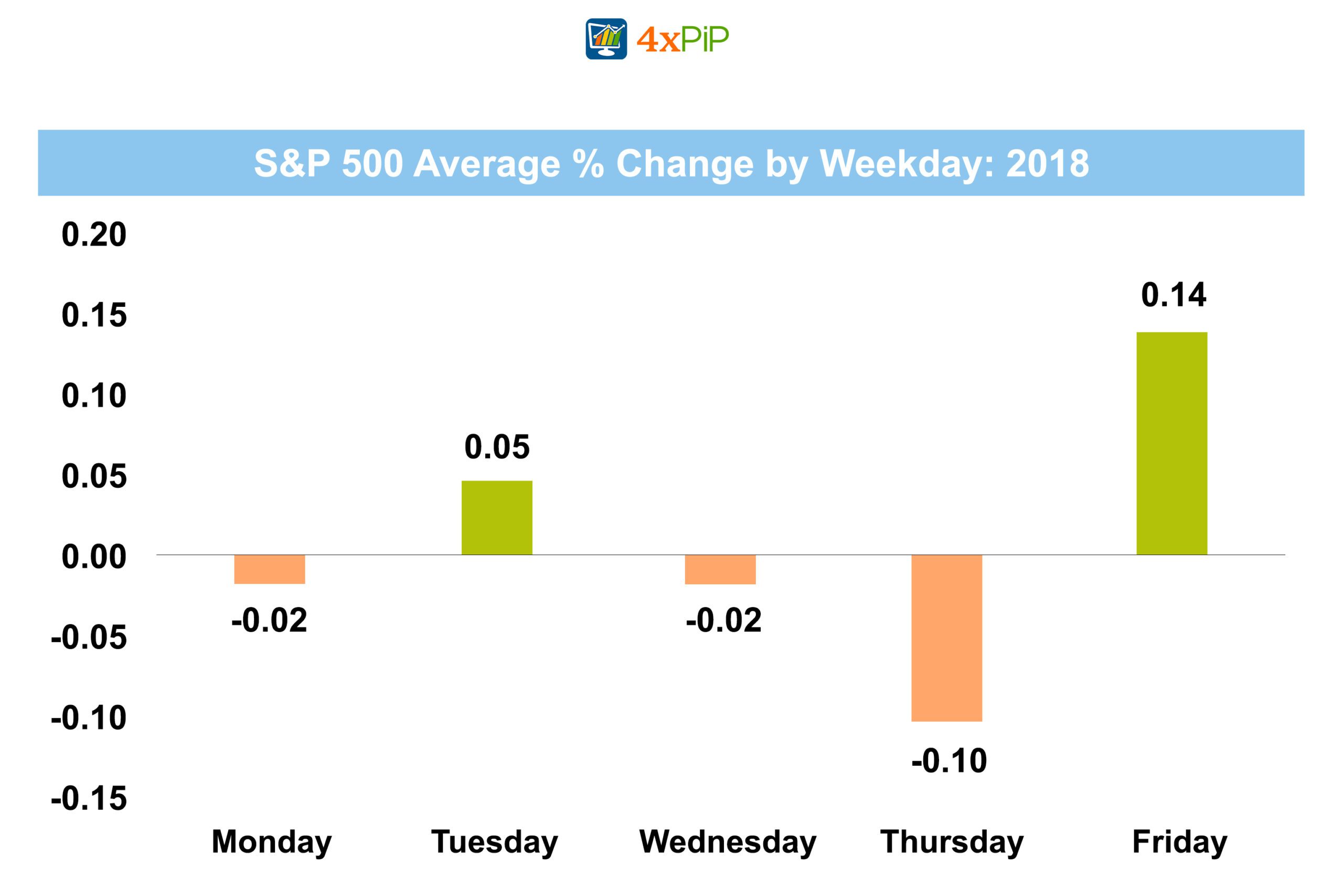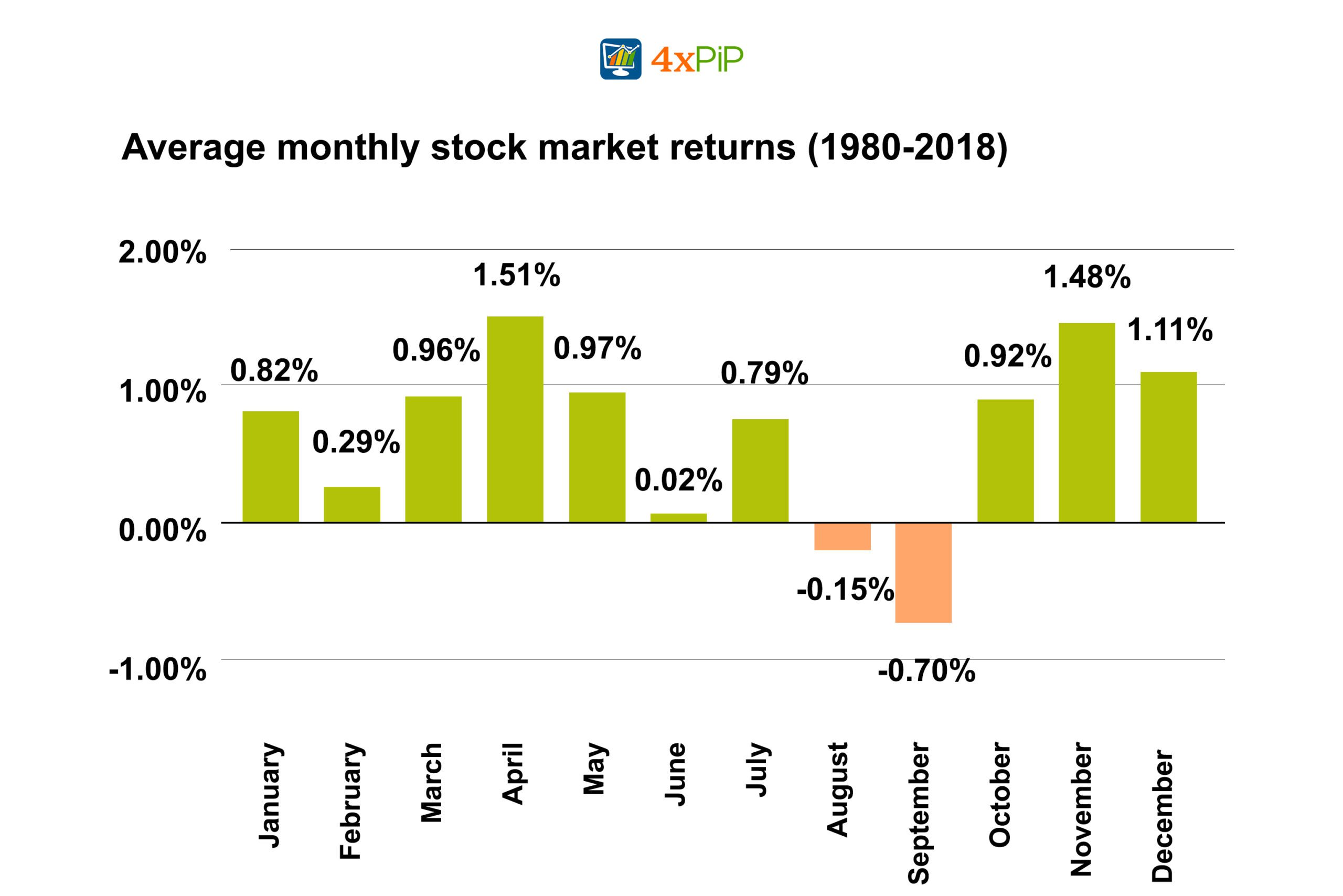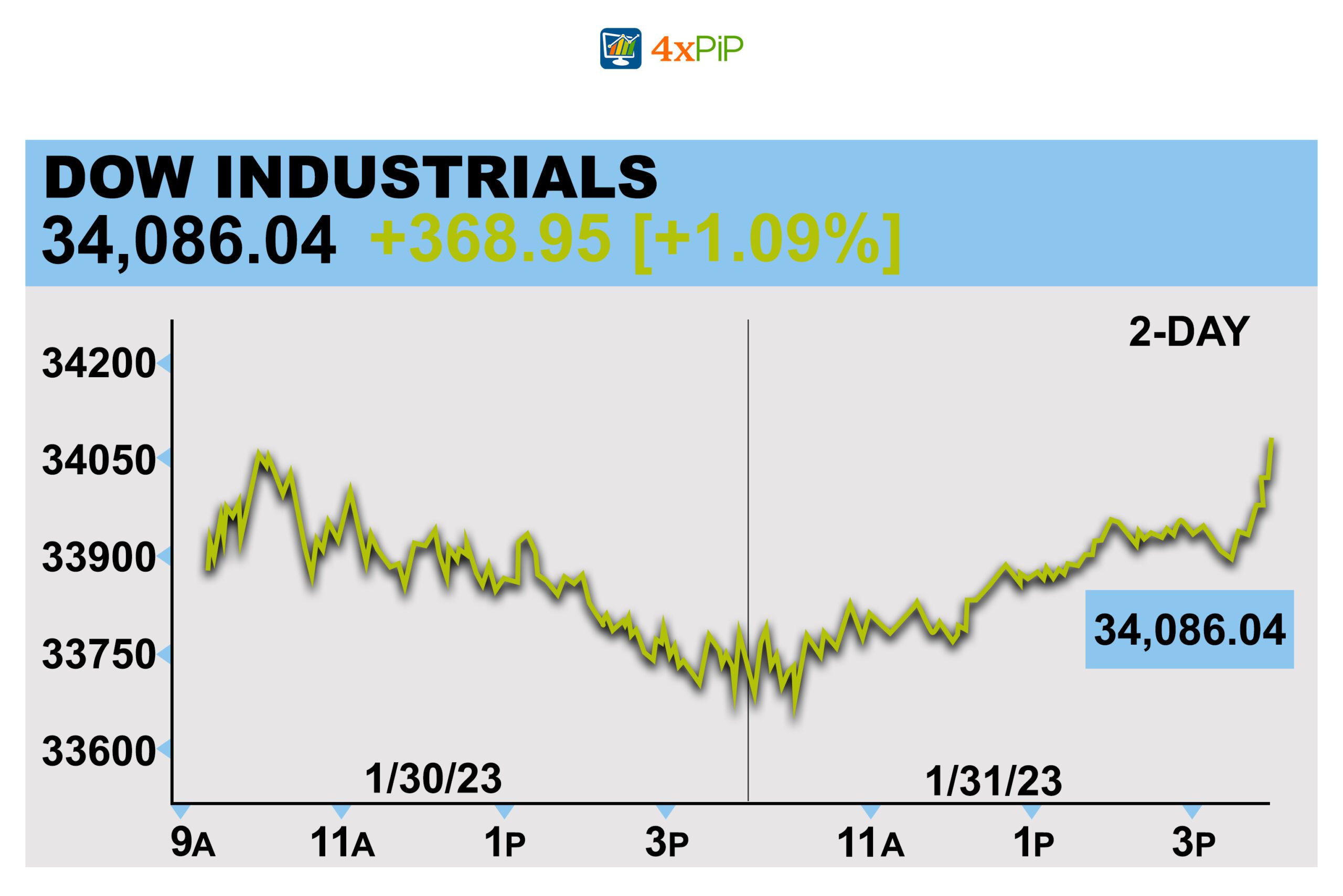Stock Trading is the buying and selling of stocks, typically over a short period of time. It is a risky endeavor, but with education and preparation, investors can increase their chances of success.
Active stock buys and sells stocks frequently, often on a daily basis. They may use a variety of strategies, such as technical analysis or fundamental analysis, to try to identify stocks that are likely to rise in value.
Stock trading can be a profitable way to invest, but it is also very risky. Investors can lose a lot of money if they make bad trades. It is important to understand the risks involved before investing in stocks.
In this article, 4xPip is going to share some details about the best times you should open of close the trades to get the maximum benefits and reduce losses in your trading as much as you can.
What Are the Best Stocks Trading Times?
Unlike long-term investing, trading is typically focused on short-term gains. A trader buys a stock not to hold for gradual appreciation but to sell it for a profit in a relatively short period of time, such as a few days, a week, a month, or even a quarter.
Day trading, as the name implies, has the shortest time frame of all. Day traders analyze the market and make trades in hours, minutes, and even seconds. The time of day when a trade is made can be an important factor for day traders to consider.
Is there a best day of the week to buy stocks? Or the best day to sell stocks? Does the best time of year to buy stocks exist? How about the best month to trade stock, or to sell them?
In this article, we will discuss how to time trading decisions according to daily, weekly, and monthly trends.
Best Times of Day to Trade Stocks:

The trade stock market is a volatile place, and the time of day can have a big impact on prices. In the morning, the market is often very volatile as it factors in all the events and news releases since the previous closing bell. This can create opportunities for experienced day traders, but it can also be risky for beginners.
The opening 9:30 AM to 10:30 AM Eastern Time (ET) period is often one of the best hours of the day for day trading, offering the biggest moves in the shortest amount of time. This is because there is a lot of volatility and volume during this time. However, it is important to be careful during these hours, as the market can be very unpredictable.
After 10:30 AM, the volatility and volume tend to taper off. This means that trades take longer, and moves are smaller. This can be a good time for beginners to trade, as the action is slower, and the returns might be more predictable.
The middle of the day is often the calmest and most stable period of the trading day. This is because most of the day’s news releases have already been factored into trade stock prices. This can be a good time to do research or to take a break from trading.
In the last hours of the trading day, volatility and volume increase again. This is because traders are trying to close out their positions or to take advantage of any late-day rallies. This can be a good time for experienced day traders to make profits, but it is important to be careful, as the market can be very volatile at this time.
Best Day of the Week to Buy Stocks:
There is a popular belief that Mondays are the best day to buy stocks. This is called the Monday effect or the weekend effect. The idea is that investors are more likely to sell stocks on Fridays, and then the market is slow to recover on Mondays. This can create opportunities for buyers to snap up stocks at a discount.

However, there is very little evidence to support the Monday effect. In fact, a study by the University of Chicago found that the Monday effect has largely disappeared in recent years. The study looked at data from the S&P 500 index from 1950 to 2018 and found that there was no statistically significant difference in the returns of the S&P 500 on Mondays compared to other days of the week.
The study also found that the Monday effect was strongest in the early hours of trading, but it disappeared by the end of the day. This suggests that the Monday effect is more likely due to psychological factors than to any fundamental changes in the market.
So, while there is no evidence to support the Monday effect, it is still a popular belief among investors. If you are planning on buying stocks, it may be worth considering buying them on a Monday. However, it is important to remember that there is no guarantee of making a profit, and you should always do your research before making any investment decisions.
Best Day of the Week to Sell Stocks:
If Mondays are the best day to buy stocks, then Fridays may be the best day to sell them. This is because investors are often looking to lock in profits before the weekend, and the market can be volatile on Fridays.
Short selling is a strategy where you sell a stock that you don’t own, with the expectation that you will be able to buy it back at a lower price later. If you are short selling, Friday may be the best day to take a short position, as stocks are often priced higher on Fridays. This is because investors are looking to take profits before the weekend. Monday would be the best day to cover your short, as stocks are often priced lower on Mondays.
In the United States, Fridays on the eve of three-day weekends tend to be especially good for the trade stock market. This is because investors are often in a positive mood ahead of a long holiday weekend. They may be more likely to buy stocks, which can drive up prices.
Best Month to Buy Stocks:
The stock market tends to have strong returns around the turn of the year, as well as during the summer months. This is known as the January effect. The January effect is a phenomenon where stocks tend to perform better in January than in any other month of the year.
There are a few theories about why the January effect happens. One theory is that investors are more likely to buy stocks at the beginning of the year after taking a break from the market during the holidays. Another theory is that companies release their earnings reports in January, which can provide investors with positive news that drives up stock prices.

The January effect is not always consistent, and it has been shrinking in recent years. However, it is still a phenomenon that investors should be aware of. If you are planning to invest in stocks, it may be a good idea to buy them in January.
Best Month to Sell Stocks:
Traditionally, people have considered September and October as down months for the stock market, leading to the identification of the September effect and the October effect. The September effect signifies that stocks tend to perform worse in September compared to any other month of the year. On the other hand, the October effect points to the tendency for stocks to experience more volatility in October than in any other month of the year.
There are a few theories about why the September and October effects happen. One theory is that institutional investors sell stocks in September to wrap up their third-quarter positions. Another theory is that investors become more risk-averse in September and October due to the upcoming holidays.
The September and October effects are not always consistent, and they have been shrinking in recent years. However, they are still phenomena that investors should be aware of. If you are planning to invest in trade stock, you may want to consider selling them in September or October.
The chart below shows the monthly average returns for the S&P 500 over the period from 1950 through 2017. The September effect and the October effect are clearly visible, with September having the worst average return and October having the most volatile return.

Summary:
The suggestions for the best time of day to trade stock, the best day of the week to buy or sell stocks, and the best month to buy or sell stocks are just: suggestions. There are always exceptions and anomalies, and the market can be unpredictable.
Academic evidence suggests that abnormal returns from market timing patterns are short-lived. This is because other traders and investors quickly arbitrage away these patterns as soon as they discover them. As a result, the market becomes more efficient, and the patterns disappear.
So, while it is possible to make money by trading stocks based on these patterns, it is not a reliable strategy. It is important to remember that the stock market is a complex system, and there is no surefire way to predict its movements. If you are looking to invest in stocks, it is best to do your research and understand the risks before you put any money on the line.





